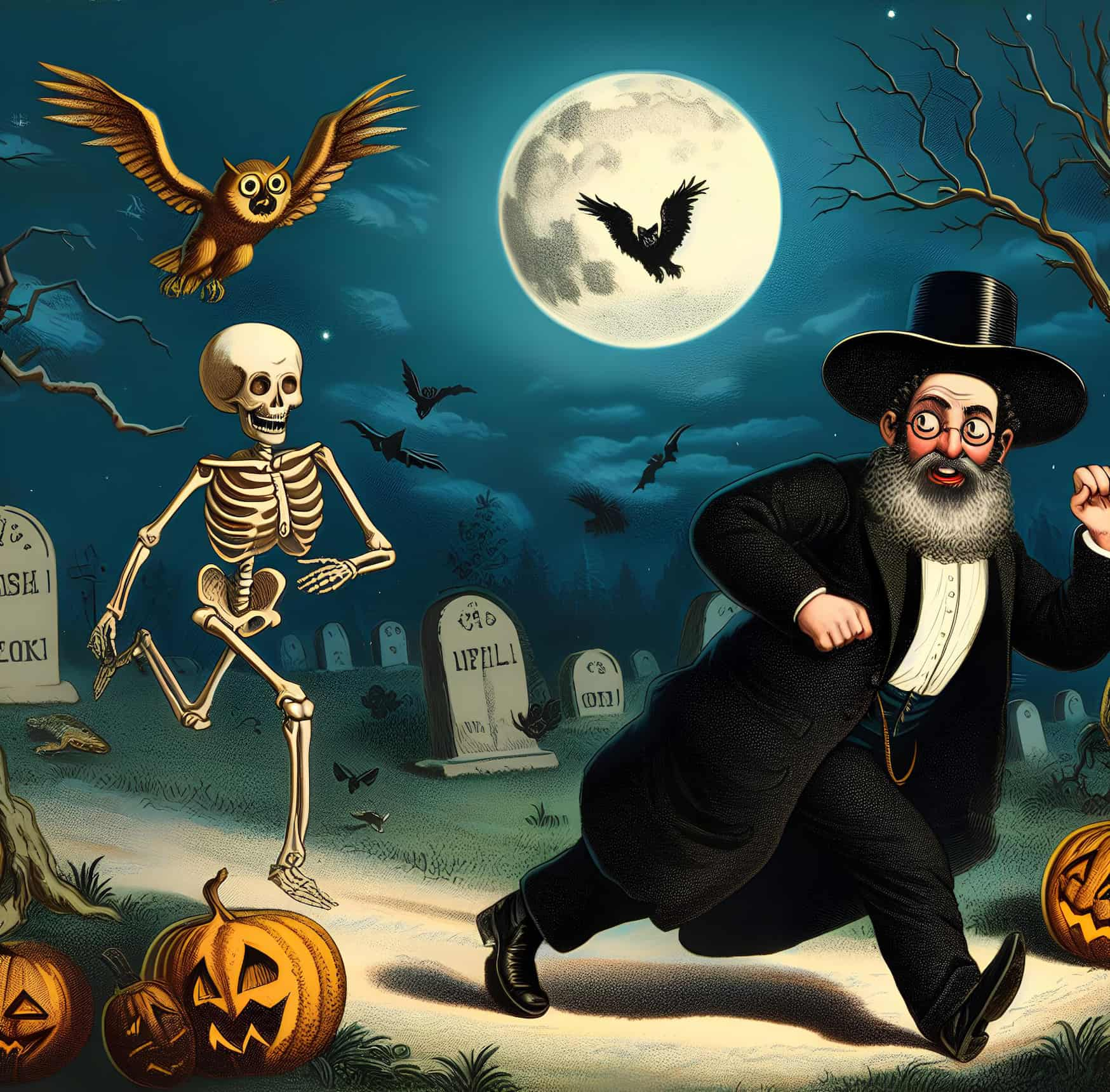Do Jewish People Celebrate Halloween? There’s Almost No Need to
Both Halloween and Purim, a Jewish festival, call for participants to don disguises for the occasion and the Jews remember and pray for the deceased during Yom Kippur in October.

Both Halloween and Purim, a Jewish festival, call for participants to don disguises for the occasion and the Jews remember and pray for the deceased during Yom Kippur in October.



